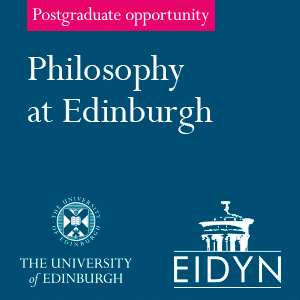Two Philosophers Win ACLS Fellowships
The American Council of Learned Societies (ACLS) has announced its 2020 class of fellows.
Two philosophy professors are among the 81 winners. They and their projects are:
- Marcus P. Adams, University of Albany, State University of New York
Making and Knowing: Thomas Hobbes’s Unified Philosophy
Thomas Hobbes maintained that his philosophy constituted a unified and complete system, but in what precise sense did he think that the branches of his philosophy were unified? This question has provoked extensive scholarship over the last half-century. Answering it is essential not only to understanding Hobbes’s philosophy generally, but how one answers it significantly impacts our understanding of Hobbes’s most influential work—the Leviathan. ”Making and Knowing” answers it by placing Hobbes’s politics within his broader concerns about scientific knowledge as constructed by humans and by demonstrating that the relationship between “pure” and “mixed” mathematics provided Hobbes with a model for thinking about the relationships between geometry, natural philosophy, and politics.
- Jennifer Hawkins, Duke University
A New Theory of Well-Being
This book defends an original theory of personal well-being, i.e. a theory of what makes lives better or worse. The first part focuses on philosophical psychology, introducing the notion of an affective perspective—an affectively shaped way of seeing the world. Happiness (it is argued) is best characterized as a positive affective perspective whereas certain forms of emotional suffering are best characterized as negative affective perspectives. This is key to explaining the positive (or negative) value of each, respectively. The second part defends a normative theory, according to which there are two important elements that account for most of a life’s positive value: happiness and standing in the right relationship to the things one cares most about. The third part considers practical implications of the view, for example what it implies about the welfare of individuals historically ignored by theorists of well-being, such as those with cognitive impairment.
You can view the full list of fellows here.
Subscribe
Login
0 Comments



